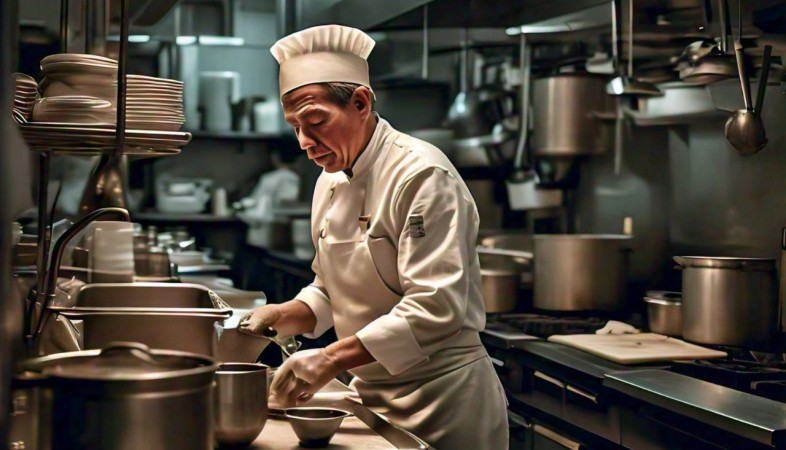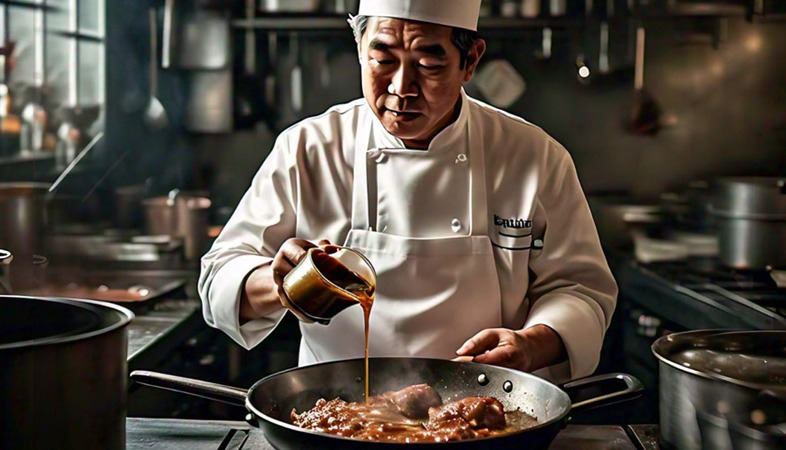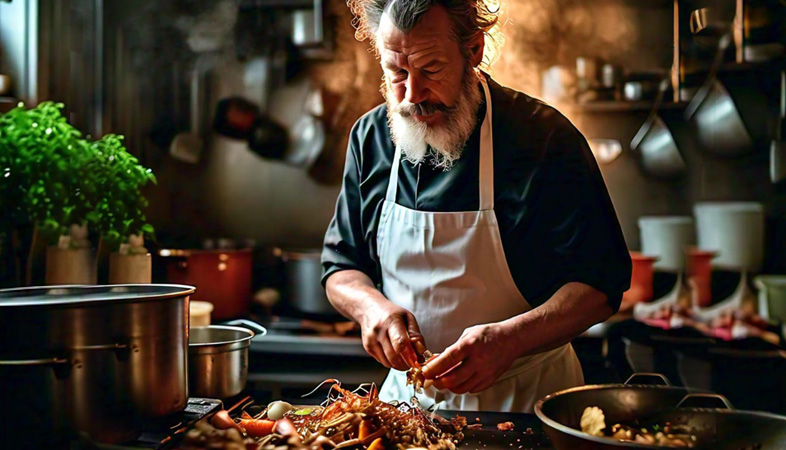SHARE
Commercials
More Posts
May 15, 2025
Ensuring Guest Satisfaction through Special Requests
Feb 05, 2025
Tender Coconut Shake - By Chef Falguni Somaiya
Dec 22, 2024
Sourdough Pizza - By Chef Akshay Kolhe
Feb 27, 2025
Banarasi Tamatar Chat - By Chef Ashish Spencer
May 15, 2025
Ensuring Guest Satisfaction through Special Requests
Feb 05, 2025
Tender Coconut Shake - By Chef Falguni Somaiya
Dec 22, 2024
Sourdough Pizza - By Chef Akshay Kolhe
Feb 27, 2025
Banarasi Tamatar Chat - By Chef Ashish Spencer
May 15, 2025
.png)




























